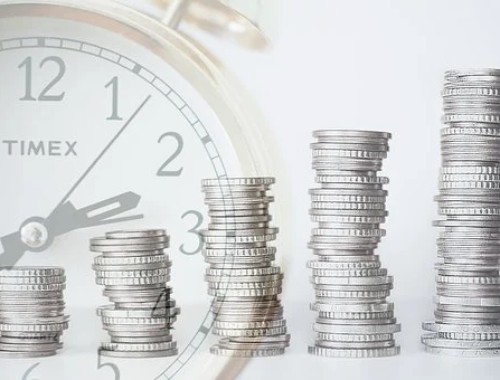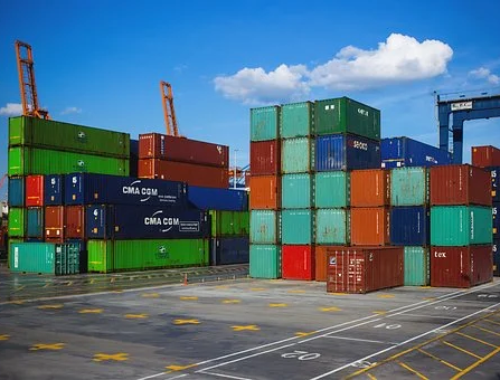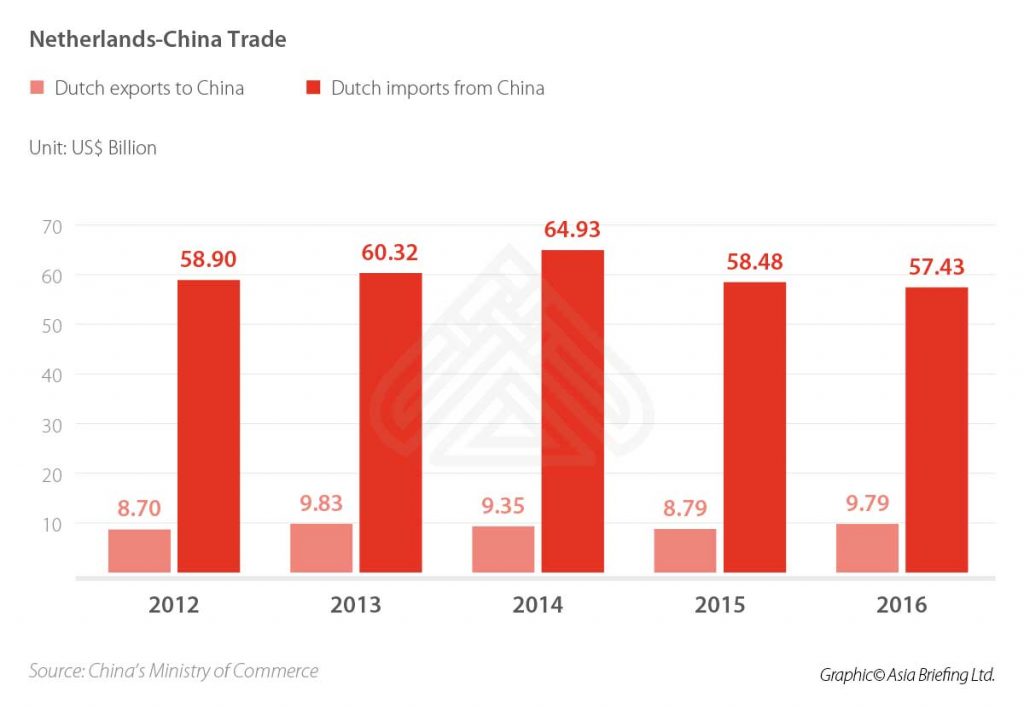China-Netherlands Trade and Investment Ties: Steady Growth, New Opportunities
China-Netherlands trade and investment ties will continue to thrive after Premier Li Keqiang’s recent visit highlighted new opportunities for Dutch investors in China.
China-Netherlands trade and investment ties will continue to thrive after Premier Li Keqiang’s recent visit highlighted new opportunities for Dutch investors in China.
The three-day visit, from October 14 to 16, ushered new confidence in the long friendship between the two countries. It was also the first official visit by a Chinese premier to a European country in 14 years.
Relations between China and the Netherlands date back to the 17th century when Dutch merchants followed trade routes through present-day Hainan province. More recently, Chinese President Xi Jinping met with Dutch King Willem-Alexander and Queen Maxima three times in the last four years.
With strengthening partnerships in both investment and trade, Sino-Dutch relations have maintained a steady momentum in recent years. What does this growing relationship mean for foreign investors?
Netherlands a key European logistics hub for China
Often referred to as the “gateway to Europe,” the Netherlands plays a key role as a connective logistics hub.
Home to the largest sea port (port of Rotterdam) and third largest airport (Amsterdam Schiphol Airport) in Europe, the country was the EU’s sixth largest economy in 2017 with a GDP of US$826.2 billion.
Due to the Netherlands’ position as a major European logistics hub, the country remains a strategic partner for China as they seek further collaboration on investment and trade.
China-Netherlands trade and investment
The Netherlands is China’s second largest trade partner within the EU, while China is the second largest non-EU trade partner for the Netherlands.
In 2017, trade between the two countries reached US$78.6 billion, an all-time high and up 16 percent year-on-year.
In 2016, the Netherlands exported US$9.70 billion worth of goods to China. Beverages, minerals, tobacco, and chemical products ranked among the top goods exported.
In the same year, the country imported US$57.43 billion worth of goods from China. Top imports from the Asian country were textiles, furniture, mechanical and electrical products, and plastics.
In terms of investments, there were more than 900 Dutch companies doing business in China in 2016.
Last year, the Netherland’s FDI reached US$2.1 billion, making it the largest EU investor in China. As of May 2018, Dutch FDI into China had reached US$700 million.
“Dutch businesses have a long history of being trailblazers in international trade. It’s certainly been the case in the past decade, with many Dutch SMEs looking to expand beyond the borders of the EU in their search for new markets,” noted Thibaut Minot, Assistant Manager for Dezan Shira & Associates’ International Business Advisory team.
There has also been lots of interest from Chinese investors looking to enter the Netherlands, with investments reaching US$22 billion in 2017.
Commenting on the country’s business environment, Minot told China Briefing that “Chinese companies have begun to take notice and Chinese FDI into the Netherlands has sky-rocketed in the past five years, mainly facilitated through M&A activity. Chinese investors have been particularly fond of the Dutch high-tech sector, accounting for the majority of the recent acquisitions.”
Premier Li’s visit to the Netherlands
Premier Li’s recent visit has solidified the relationship between China and the Netherlands. The three-day visit focused on ensuring free trade and safeguarding multilateralism with both countries signing a series of agreements worth close to US$10 billion.
Li voiced China’s willingness to learn from the Netherlands about managing an aging society as well as establishing collaboration between the two counties in the fields of clean energy, elder care, and urbanization.
Li also said that China would deepen its reforms and open up, expand cooperation with the Netherlands, and invited Dutch companies to increase their investment into China with confidence.
In turn, Dutch Prime Minister Mark Rutte announced that the country would strengthen its communication and coordination with China in several ways, such as through the G20 and United Nations. The country also looked forward to cooperation in areas such as urbanization and smart city development, the circular economy, and third-party markets.
Opportunities and challenges for Dutch investors
Sino-Dutch relations look to thrive in the near to medium term, with Premier Li’s recent visit shining a spotlight on possible industries of interest for Dutch investors in China.
Sectors such as clean energy and elder care will be important as China looks to escalate its fight on pollution and as its population ages.
China’s overall business environment and ease of doing business is on the incline as well.
Spurred on by the trade war with the US, China has hastened its implementation of many economic reforms aimed at improving its business environment.
Xi’s government has introduced multiple measures, including reducing import tariffs, streamlining customs clearance, and simplifying business registration procedures.
In the World Bank’s recent report on the ease of doing business, China moved up 30 spots to rank 46th.
The Belt and Road Initiative (BRI) also provides many FDI opportunities for Dutch investors. Investors, however, should approach with caution and do their due diligence when entering the market.
In the past, Prime Minister Rutte cautioned that China needed to improve the openness and transparency of BRI projects. While Premier Li’s visit has prompted China to promise more transparency going forward, investors should remain vigilant.
Dezan Shira & Associates’ Minot noted that “…there may be win-win outcomes to be enjoyed if the Netherlands can build synergies with China’s Belt and Road Initiative.”
-

"2021 China Internet Home Improvement Consumption Trend White Paper" released
-

Sales of soft furniture such as sofas and beds in China doubled in August
-

China' s furniture retail sales in August was 13.7 billion yuan, a year-on-year increase of 6.7%
-

From January to August, China' s furniture exports reached 305.43 billion yuan, an increase of 31%


 沪公网安备31010402003309号
沪公网安备31010402003309号



